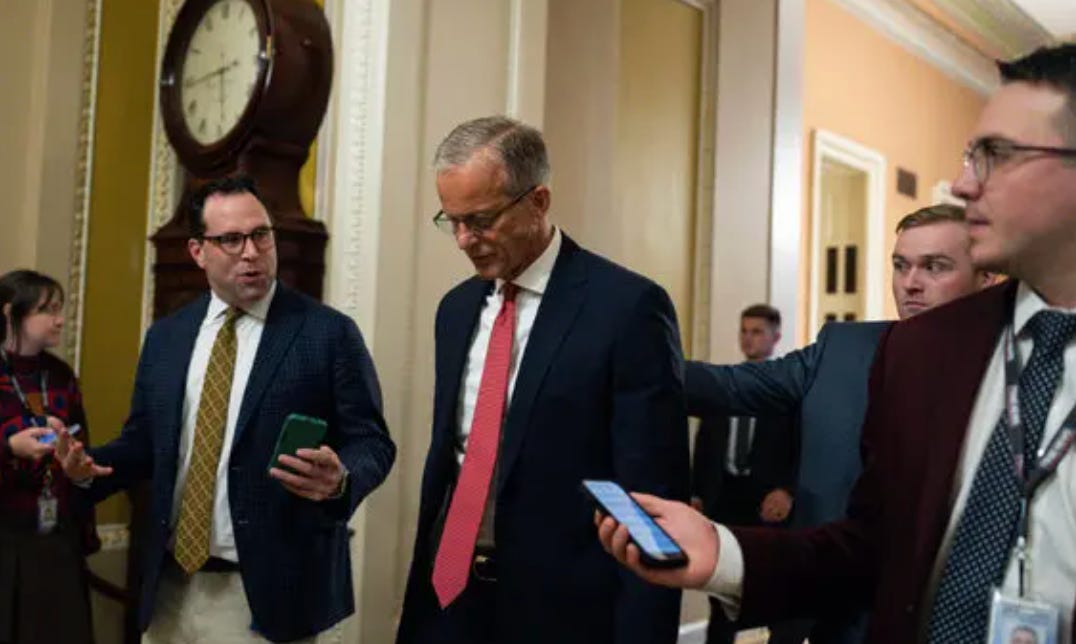Shutdown Showdown: The Nov. 4th Election Holding DC Real Estate Hostage
How Tomorrow’s High-Stakes Vote and Government Gridlock are Reshaping the District’s Housing Market—"One Anxious Client at a Time”
Tomorrow’s election promises to be one of the most consequential in recent memory, not only for the future of the federal government but for homeowners, buyers, and sellers across Washington, D.C. As talk of a prolonged government shutdown grows louder, the city’s real estate market sits at a volatile crossroads, caught between optimism and mounting economic stress. urbanturf+1
Election & Shutdown: High Stakes for DC
The Washington, D.C., real estate market has always been uniquely tethered to federal stability and policy shifts. Historically, election years bring a slowdown—a “pause”—as buyers and sellers weigh what new leadership might mean for housing, jobs, and economic security. This year, uncertainty has reached a fever pitch. The threat of a government shutdown, already lingering for weeks, has injected profound caution into every transaction. New listings are down nearly 5%, pending sales have tumbled up to 27% year-over-year in the District itself, and showings are slipping as buyers wonder if their jobs—or their paychecks—will survive the fallout. brokeragentpayscale+
The Federal Factor: Employment & Confidence
DC’s lifeblood is federal employment and contracting—an anchor during national downturns, but a vulnerability when government dysfunction rules the headlines. Roughly two-thirds of the 150,000-plus federal workers accepting buyouts earlier this year have lost income, and more cuts loom if Congress fails to act. Confidence has been rattled. Some buyers are pressing pause, others backing out altogether, even though mortgage rates are near their lowest point of the year. In survey data, 17% of Americans say they’re postponing major purchases due to the shutdown, and 7% have cancelled real estate plans completely. scotsmanguide+2
Market Segmentation: Winners, Losers, and Waiting Games
The pain is not evenly distributed. Luxury real estate, always sensitive to shifts in federal wealth and senior executive confidence, is showing the earliest cracks. Condo markets, already slow, face longer sales cycles—buyers simply aren’t ready to commit as job prospects dim. At the same time, some segments see opportunity. Private sector buyers, or those with more secure financing, are negotiating harder and facing less competition as federal employees withdraw from the hunt. urbanturf+1
The Path Forward: Resilience and Caution
Despite the chaos, DC’s fundamentals—inventory, education, desirability—have kept values up a modest 2% year-to-date, and closed sales rose 12% in September. But headlines only tell half the story. Brokers know firsthand that inertia and indecision are dominating the mood; price reductions don’t always tempt action, and properties can linger even in otherwise “hot” neighborhoods. Whether tomorrow’s vote ends the gridlock or compounds the chaos will determine whether confidence returns in time for a spring rebound, or if DC real estate faces a true reckoning.
My advice: What Clients Should Do Next
As someone navigating these waters daily, both for clients and in my own ventures, the advice is simple: stay informed, stay flexible, and recognize that markets—like people—have their breaking points and their bounce-backs. For those with stable employment and resources, there may soon be real buying opportunities. But for federal families and staffers, patience is essential. Confidence, once shaken, takes time and stability to rebuild. Until Congress and the next administration prove they can deliver that, expect more volatility ahead.



